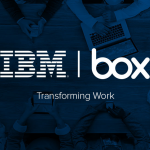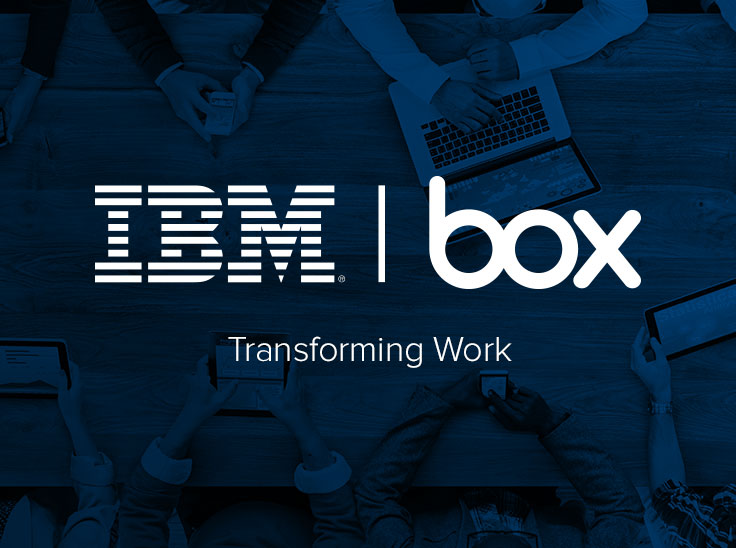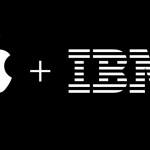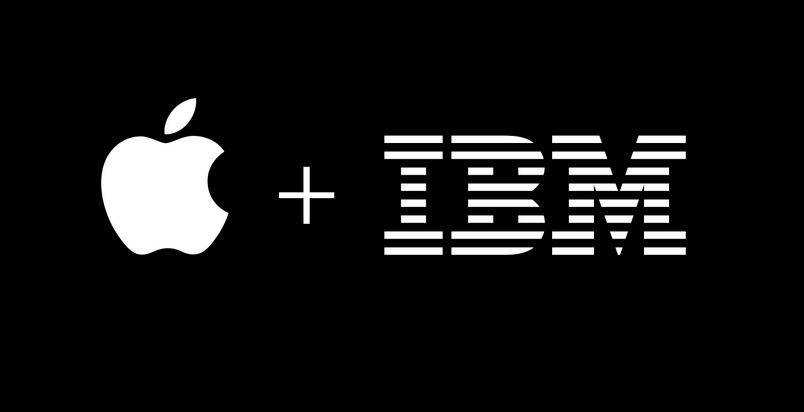
Well, it was only a matter of time. The data storage market has slowed down – and much more than anticipated, writes Samantha Sai for storage.biz-news.
IDC revealed last week that global external disk storage systems’ factory revenues dropped by a half per cent in the fourth quarter.
This is the first quarterly drop for data storage in more than 5 years.
According to IDC, EMC, HP, Dell and Hitachi did grow a little in the last quarter, as expected.
However, IBM, NetApp and Sun Microsystems all posted year-over-year sales declines.
In the 4th quarter, external system revenues dropped slightly to USD $5.3 billion, while the total disk storage system market dropped 5.9 per cent to USD $7.3 billion chiefly due to limitations in server system sales.
The other big decline was seen in the total disc storage system capacity, which peaked at 2,460 petabytes, a growth of only 27.3 per cent, but this was down by 50 per cent compared to the growth rate in the past.
Natalya Yezkhova, IDC research manager for storage systems, said: "Because of the global economic crisis, the last quarter of 2008 was tough for the disk storage systems market, resulting in a market decline from the same quarter last year."
She said that high-end storage sales were upset by a chill in the end-user expenditures and longer acquisition cycles.
But some low-end and midrange storage sectors have continued to sale well, "as end users broadened their search for storage solutions in these lower-cost segments to satisfy their increasing storage needs while optimizing investments in storage infrastructure."
EMC continues to hold the leadership with its external systems market share lead of nearly 23.3 per cent of revenue in the fourth quarter, followed by IBM and HP, with 15.7 per cent and 13 per cent respectively.
Dell did not fare well and ended the quarter in the fourth position with a 9.3 per cent share.
Hitachi and NetApp followed with 7 per cent growth, while Sun had 5.2 per cent.
In the Open SAN market, which only grew 2.2 per cent, EMC was again in the lead with 24.2 per cent of the market.
IBM followed next with 16.5 per cent.
The NAS market has grown steadily and recorded a 8.6 per cent rise.
Again, EMC led the pack with 43.8 per cent, followed by NetApp at 24.1 per cent.
The sum network disk storage market (NAS combined with Open SAN) grew a modest 3.6 pe cent to USD $4.1 billion in revenues.
EMC again claimed a 28.6 per cent revenue share, followed by IBM at 14.5 per cent.
So what are the expectations for the rest of 2009?
Enterprise Strategy Group and IDC both speculate a modest growth of 2-3 per cent for both the data storage industry overall IT spending.
In an industry, which has always seen green, adjustment to single digit profits may not sit well for many people.







 What will the future look like? Though the answers may not be definite,
What will the future look like? Though the answers may not be definite,  According to
According to 
 According to IBM, additional enhancements to SVC include 8Gbps Fibre Channel support, enabling higher throughout across Storage Area Networks, a tripling of the maximum cache to 24GB per engine, and support for consolidated DR configurations, enhancing SVCs business continuity capabilities.
According to IBM, additional enhancements to SVC include 8Gbps Fibre Channel support, enabling higher throughout across Storage Area Networks, a tripling of the maximum cache to 24GB per engine, and support for consolidated DR configurations, enhancing SVCs business continuity capabilities. 



